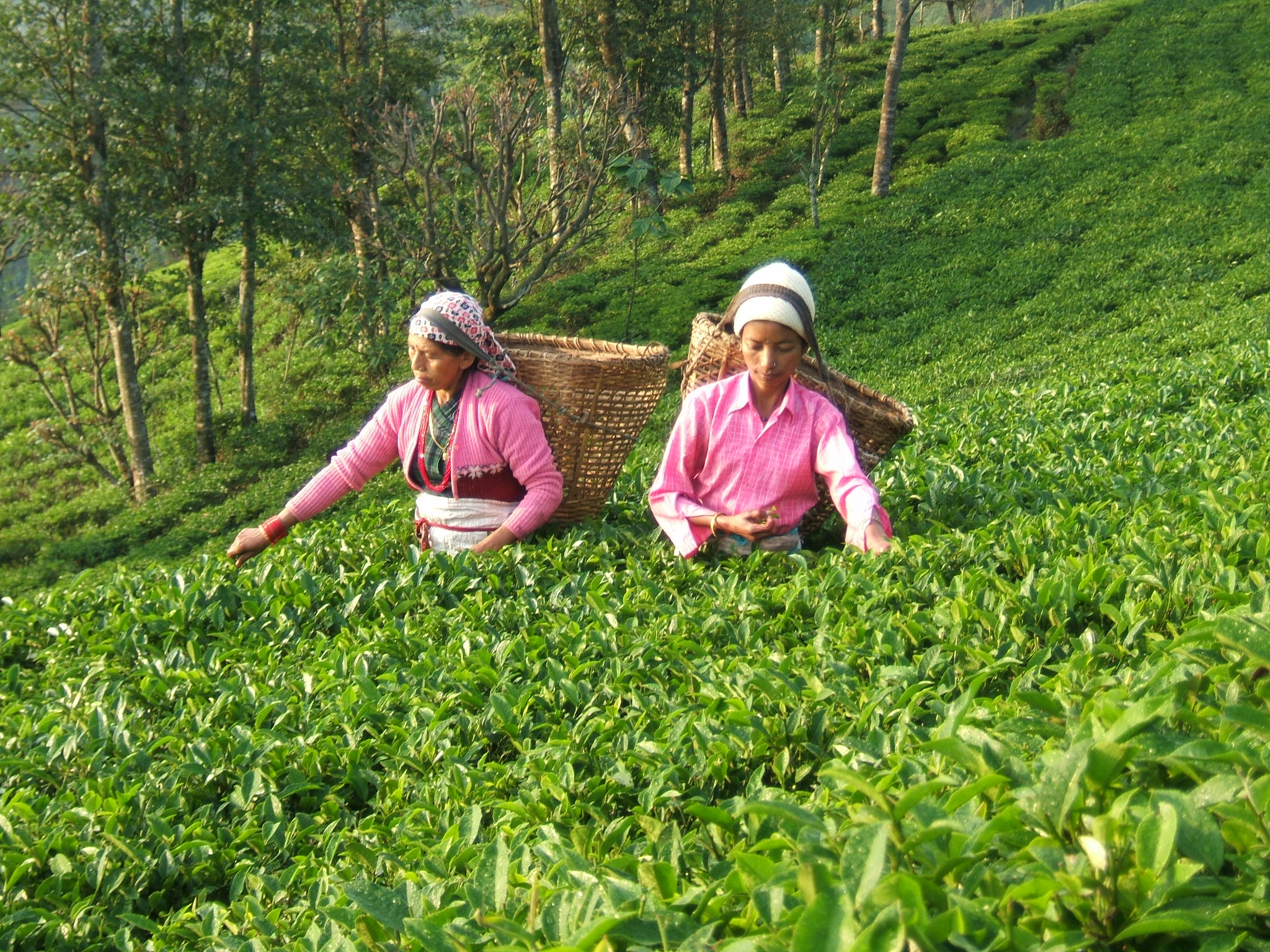N-E Bottom of World Bank Scale on Business Reforms, Tripura Sole Yet Low Exception

ITANAGAR: The eight northeastern states continue to fare poorly when it comes to ease of doing business, according to latest data released by the central government.
On Monday, the Ministry of Commerce and Industry’s Department of Industrial Policy and Promotion (DIPP) released the brief results of the Assessment of State Implementation of Business Reforms 2015-16 which studies the extent to which states and union territories have implemented its 340-point Business Reform Action Plan (BRAP).
The study was conducted jointly with the World Bank Group used data from July 1, 2015 to June 30, 2016 and “includes recommendations for reforms on 58 regulatory processes, policies, practices or procedures spread across 10 reform areas spanning the lifecycle of a typical business”.
While states like Andhra Pradesh, Telangana, Gujarat, Chhattisgarh, and Madhya Pradesh topped the list with scores of over 95 percent, the best performing state in the Northeast was Tripura (ranked 22) with a score of 16.67 percent. In contrast, the lowest scoring states were Arunachal Pradesh, Jammu & Kashmir, Chandigarh, Meghalaya, Andaman & Nicobar Islands, and Lakshadweep- all of which scored 0.30 percent and a joint-ranking of 31.
With a score of 16.67 percent, Tripura had implemented 56 reforms that were on the agenda to help set up businesses while it failed to implement 280 others. Both Arunachal Pradesh and Meghalaya implemented a mere single reform out of the total 340, as did Jammu & Kashmir and Chandigarh.
Assam, which is the most developed state in the region by any standards, stood 24th (two points down by the previous year) and managed to implement 48 reforms across different parameters.
The ministry noted that one of the highlights of the study was the implementation of the single-window system. It said that “various states have created a dedicated body/bureau as a one-stop system for state level regulatory and fiscal incentive approvals”. Indeed, this seemed to the only reform indicator that all the states and union territories had checked-off their list.
While a detailed study will be released later this month, as of now the study does point to a worrying trend.
Since the reform indices are focussed on policy reforms and the fact that even states that are well-connected internally, unlike the states of the Northeast, have failed to implement reforms is only indicative of the fact that there is a lack of political will at the highest levels.
Apart from the lower ranked states of the region and Jammu & Kashmir which face several infrastructural lapses due to the mountainous terrain coupled with the existence of armed rebels, even Goa and Kerala were listed by the study as states where “jump start (is) needed”.
While the central government looks to bring the Northeast closer to the rest of the country with plans to build better highways along the international borders and introduces new trains within the region, it is clear that what is needed is political stability.
For the good part of last year and until recently, political instability in Arunachal Pradesh had practically halted any real developmental work. At one time, the state had three chief ministers in less than a week’s time!
In Assam the BJP was elected to power this year- the first time in the region’s history- after two years of internal rife within the Tarun Gogoi-led Congress government which ultimately culminated in rebel leader Hemanta Biswas joining the BJP.
Even in Manipur, internal rebellion that had been brewing for two years finally calmed down after a Cabinet reshuffle that gave chief minister Ibobi Singh some breathing space this April.
If politicians are more occupied playing political Chinese checkers, key policy changes and implementation that can help bring greater transparency in governance are bound to suffer.



